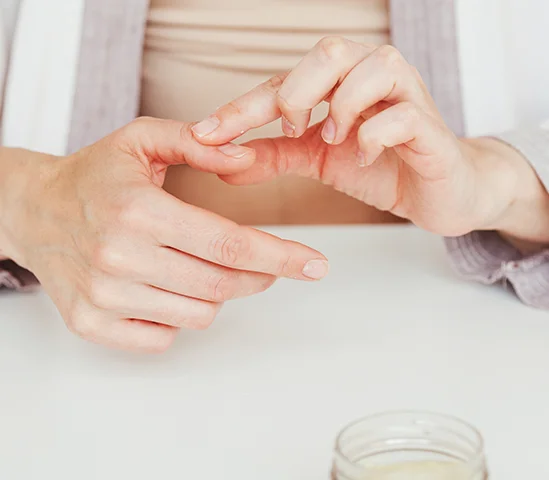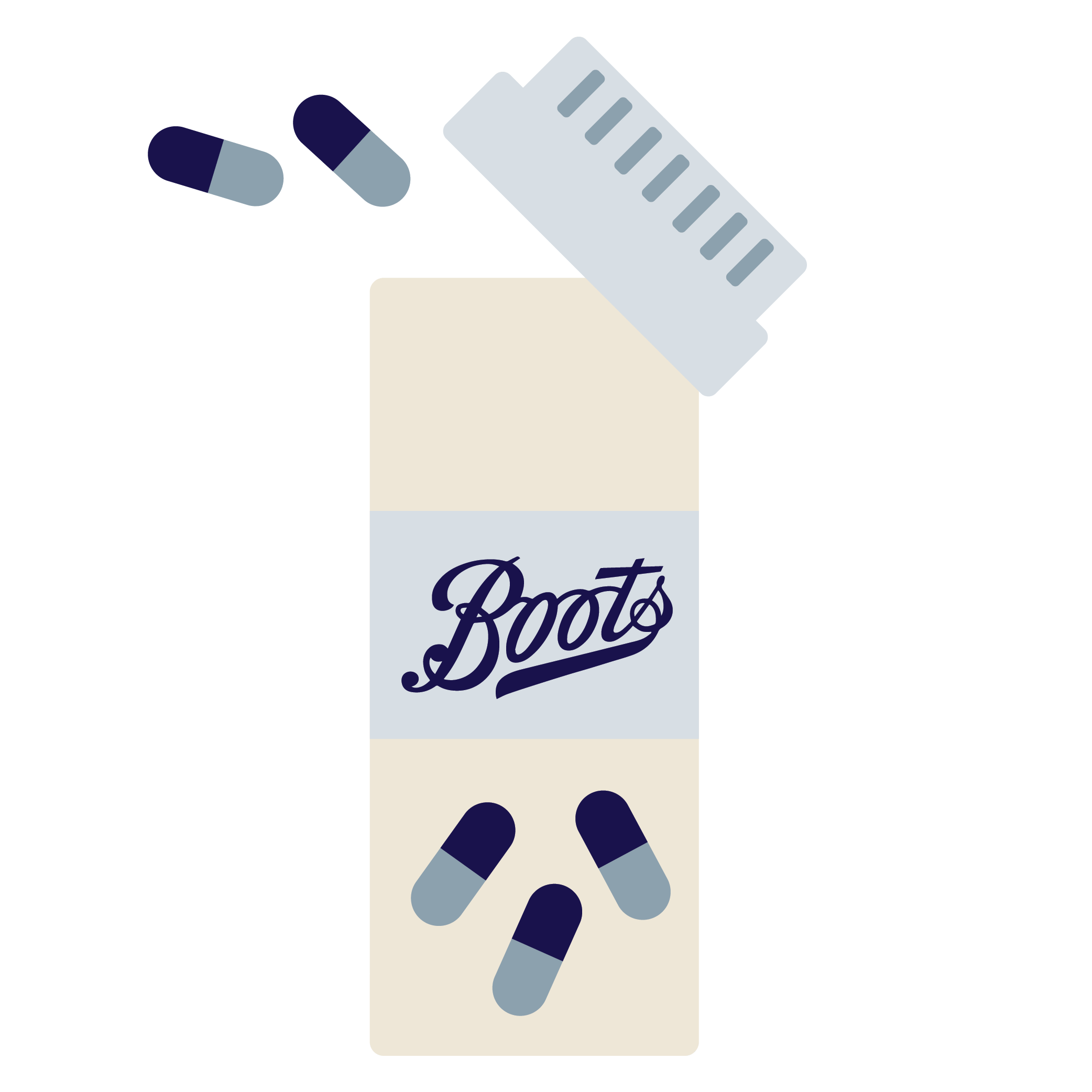
CONTACT DERMATITIS — WHAT YOU NEED TO KNOW
What is contact dermatitis?
Dermatitis just means inflammation of the skin. With contact dermatitis, your skin is inflamed by something it’s come into contact with.
Contact dermatitis can be caused by:
- An irritant – a substance that damages the outer layer of skin
- An allergen – something that causes your immune system to react, inflaming the skin.
Anything can be a skin irritant. It’s often the hands that are affected, after repeated exposure to water and soap or alcohol hand gel.
Common allergic triggers are nickel, hair dyes or plants. Sometimes it’s not obvious what the trigger is - that’s when patch testing can help.

What are the symptoms of contact dermatitis?
The main symptoms you’ll notice are redness (only lighter skin tones), soreness and itching of the affected skin. If it’s a strong irritant that’s causing the problem, you’ll feel a burning sensation straight away too.
If it’s an allergen that’s the trigger, your skin may be scaly as well as red and sore. Symptoms can take a while to develop - it can be many hours or even days after coming into contact with an allergen that you notice a problem with your skin.
With an allergen, you’ll often notice patches of inflammation in specific places – maybe where your jeans button or bra strap touch your skin.
How can I prevent contact dermatitis?
The best way to prevent contact dermatitis is to avoid contact with whatever’s causing the problem. You may need to do this for 8-12 weeks before there’s any significant improvement.
If you can’t avoid the trigger, clean your skin as soon as possible afterwards. Use gloves to protect your hands – but be aware that sweating can worsen symptoms, so take them off when you can.
You should use emollients (moisturisers) regularly and in liberal amounts. They help repair the damaged skin and lock moisture back in again. Scratching makes your skin more inflamed so avoid it if at all possible.
What can I do if my work triggers contact dermatitis?
Contact dermatitis is common in people whose jobs involve daily use of chemicals or particularly frequent handwashing.
If you're exposed to irritants as part of your job, tell your employer about your condition, so they can help you avoid the causes as much as possible. Your employer has a duty to keep your risks low and should provide protective clothing if needed.
You can help by moisturising frequently and checking for the early signs of damaged skin.
If a doctor diagnoses you with contact dermatitis caused by your work, you or they should tell your employer.
Page last reviewed by: Dr. Christina Hennessey 21/06/2021

